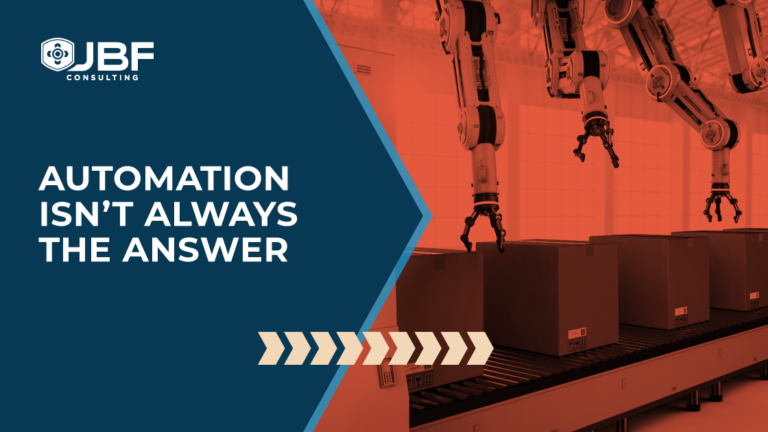
Humans have been making predictions probably ever since we’ve developed consciousness. Most people will agree that the vast majority of predictions with a distant horizon have proven untrue. A few were spot-on such as concepts like video telephony and self-driving cars while many predictions have fallen in-between, i.e., not entirely true nor wrong. Sure we have moving sidewalks, but they are far from being as ubiquitous as envisioned and we don’t expect much wider adoption in the near to mid future.
As the current technology stands, the prediction that Transportation Management Systems (TMS) would automate all transportation operations has fallen short.
Yes, there is widespread adoption and the technology is providing considerable value, but it will be some time before any company can successfully claim a lights-out/hands-free operation.
Software vendors are certainly not to blame for this current status. It is more related to the complexity of modern supply chains and IT infrastructures. The latter, in particular, is something we hear about all the time with our clients and fellow practitioners. With constant mergers/acquisition/divestitures, legacy systems, and competing objectives, it quickly becomes difficult and cost-prohibitive to rationalize and simplify an IT environment.
So what is there to do and why are we talking about this?
Every process does not need to be fully automated. At some point, there is a diminishing return. Moreover, complexity often leads to system fragility and poor adoption rates. Borrowing from Occam’s razor, “the simplest solution is most likely the right one.” The art of the design process is to know when the cost of automation exceeds the benefits.
When selecting, implementing or updating a TMS, it is important you partner with an experienced professional who can take a step back and independently (i.e., without ulterior motives such as software sales) advise you when you are crossing that border of complexity.
Often times it is not obvious when you are stuck in the weeds of making things work on a daily basis.
Founded in 2003, JBF Consulting is a supply chain execution strategy and systems integrator to logistics-intensive companies of every size and any industry. Our background and deep experience in the field of packaged logistics technology implementation positions us as industry leaders whose craftsmanship exceeds our client expectations. We expedite the transformation of supply chains through logistics & technology strategy, packaged & bespoke software implementation, and analytics & optimization. For more information, visit us at www.jbf-consulting.com